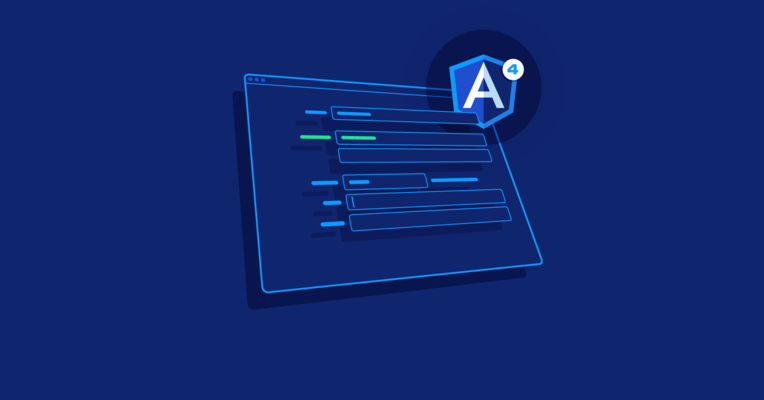Hire Freelance AngularJS Developers
Tareq Salaheldeen
Tareq is a full-stack software engineer with over three years of experience. He has developed a wide range of applications using Node.js, AngularJS, and MongoDB. He has also worked with mobile applications using PhoneGap and in text-mining applications that include supervised and unsupervised learning with online stream processing.
Show MoreRanier Montalbo
Ranier is a game developer with a passion for building gameplay, content-creation tools, and automation scripts using Unity3D or native mobile platform tools. Ranier is also a web developer with experience creating enterprise apps using React and React Native, AngularJS, the Google Maps API, and back ends using Flask in Python.
Show MoreMilan Pujic
Milan has been making a living as a web developer since 2011. He is an expert in Java but has had some exposure to PHP, Angular, and AngularJS. Milan has also led a wide range of projects, demonstrating excellent management and communication skills (since communicating with the client is always an essential part of the job).
Show MoreAbdelrady Tantawy
Abdelrady is a full-stack software engineer with 10+ years of development experience in medium to large size corporations including Intel, S-FDA, and GrowthZone. He has deep knowledge in multiple technologies including C#, JavaScript, ASP.NET, AngularJS, Entity Framework, SQL, and more. Abdelrady is passionate about building high-scalability software systems.
Show MoreAllen Schmidt
Allen is a full-stack web developer with 16 years of experience. At Deloitte, he prototyped a front-end interface to a ServiceNow back-end form using AngularJS. He built a system to manage high school sports, incorporated statistical analysis with Python for displaying sports statistics, and created games with Python. He has worked with a variety of front-end JavaScript frameworks including jQuery, React, AngularJS, and Vue.js, and back-end frameworks such as Express, WordPress, and ServiceNow.
Show MoreJose Yuste
Jose is a front-end developer and analyst with more than 20 years of experience. He specializes in Vue.js, AngularJS, and React. He is also equally skilled in back-end development with Spring Boot, Django, or .NET. Jose is a service-oriented and proactive developer. He enjoys finding and proposing solutions for any problem.
Show MoreWilliams Aguilera
Williams is an experienced developer with 20+ years in software development, spanning desktop, web, front-end, back-end, and databases, and has served as an architect, tech lead, and CTO for startups. With expertise in Node.js, Python, AngularJS, and microservices architecture, he is an IoT enthusiast, clean code advocate, and problem solver. Williams is proficient in Docker, Kubernetes, Jenkins, and MongoDB and is passionate about creating scalable, tech-driven solutions for complex problems.
Show MoreLorela Qose
Lorela is a full-stack software developer specializing in single-page apps built with AngularJS/Angular and PHP along with frameworks like Slim, Phalcon, and Laravel. She has about five years of experience working in long-term positions and developing midsize systems from the ground up. In Lorela's mind, consistency and organization have always been the keys to success.
Show MoreAdrian Petcu
Adrian has 10+ years of experience in engineering and management for major companies, including Endava, ING Group, and IBM. His expertise covers enterprise B2B products, ERP creation from scratch, consultancy and code quality analysis, performance optimization and process improvement, communication and multi-user collaboration platforms, and hybrid mobile applications. Adrian is passionate about improving processes and workflows, always finding new ways to optimize time spent on manual work.
Show MoreAndrii Mysnyk
Andrii is a hard-working and innovative full-stack Java Developer with over 5 years of experience in a variety of back-end and front-end technologies including Java EE, Spring, Hibernate, JUnit, SQL, Ext JS, AngularJS, Node.js, HTML, and CSS. Andrii fearlessly takes on new challenges and prides himself on his responsibility, friendliness, and a willingness to collaborate and help fellow colleagues.
Show MoreTomasz Kolasa
Tomasz is a senior web developer with eight years of web development experience working with both front-end and back-end technologies. He has worked on both customer-facing websites and internal enterprise applications, and is comfortable working in a distributed international team.
Show MoreDiscover More AngularJS Developers in the Toptal Network
Start Hiring
































